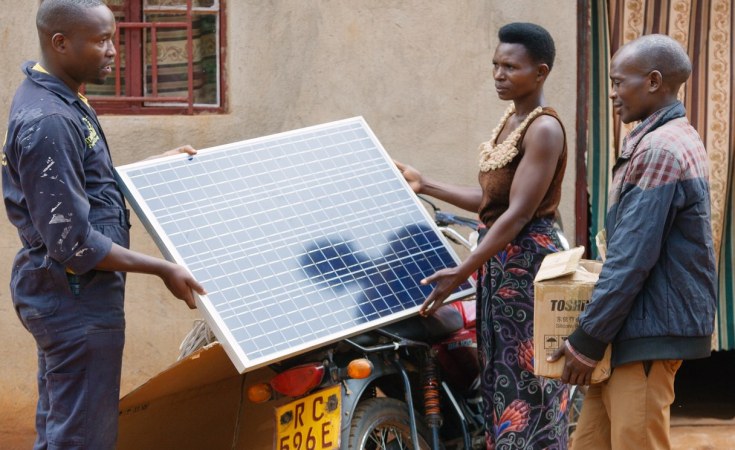President Barack Obama's initiative aimed at doubling access to electricity in sub-Saharan Africa by 2030 is set to continue under the Trump administration, says the official responsible for the program.
Addressing a media briefing from Pretoria on Tuesday, Andrew M. Herscowitz, the U.S. government's coordinator for the program - known as "Power Africa" - said many in the current administration are "particularly intrigued" because of how the program harnesses private sector funds to advance development goals.
The private sector invests between 50 and 100 dollars in projects for every one dollar of government money, Herscowitz said. "So this is a model that many in the administration really like and want to see continue."
He said a number of top officials, including the U.S. Secretary of State, Rex Tillerson, have made statements in support of Power Africa and indicated that they intended to continue it. In Congress, "we enjoy widespread bipartisan support," he added.
Herscowitz said the program is on track to achieve its overall goals. It has tripled its initial goals and now aims to generate 30,000 megawatts and make 60 million connections by 2030. Three of every four projects generate renewable energy and many countries are beginning with smaller solar and wind projects.
Developing connections with electricity distribution grids is still a "significant challenge," according to Herscowitz. But companies providing local connections to power are beginning to take off.
He added: "We see tremendous growth in the companies that are providing solar home systems, the pay-as-you-go models, where people in peri-urban and rural areas are able to get access, not just a simple tower and light bulbs, but to clothing irons and electric razors, and televisions, radio chargers, all with a small solar panel that costs them less than $2 a day, sometimes less than 50 cents a day."


